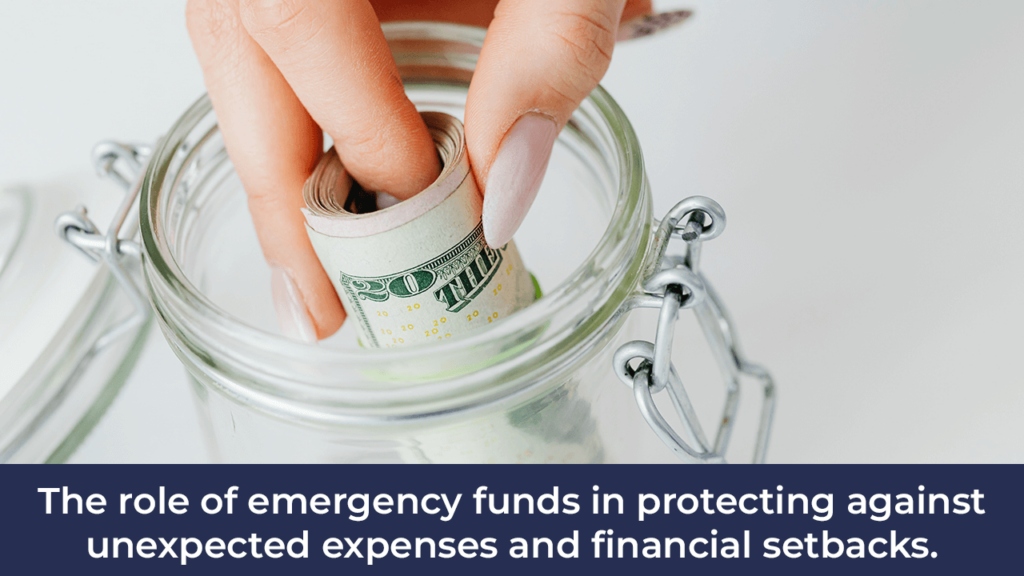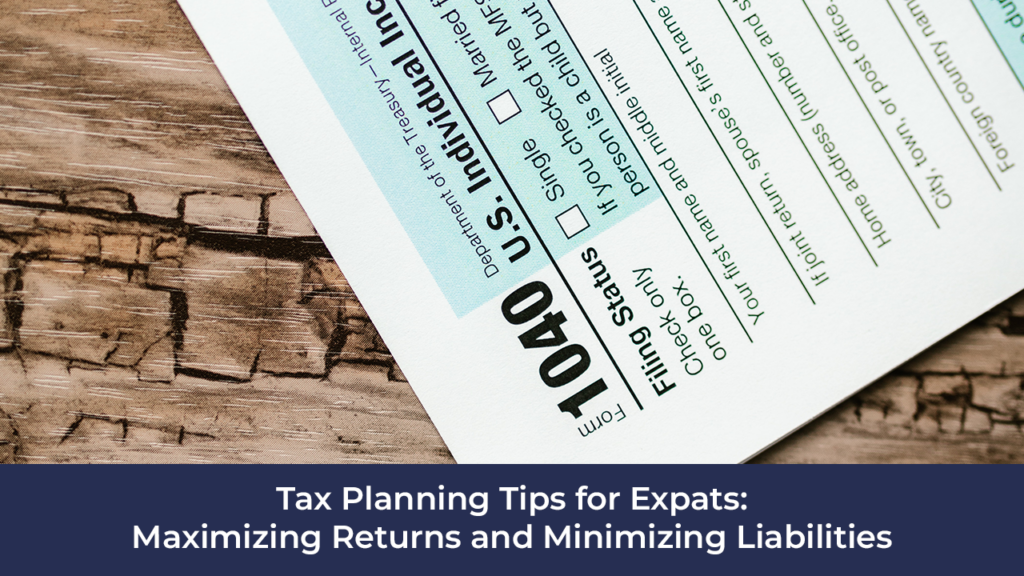Unexpected expenses and financial setbacks can have a serious impact on our financial wellbeing. An emergency fund can help to provide a buffer against these events, giving us some financial security and peace of mind. In this blog post, we’ll look at the role of emergency funds in protecting against unexpected expenses and financial setbacks. We’ll discuss the importance of having an emergency fund, the size of an emergency fund, and how to create one. By the end of this post, you’ll have the knowledge and tools to create an emergency fund that will help you stay financially secure.
What is an Emergency Fund?
An emergency fund is a type of savings account that is specifically set aside for emergency expenses. It is meant to cover unexpected costs or financial setbacks, such as medical bills, job loss, or a major car repair. Emergency funds are typically kept separate from other savings accounts and investments, so that the money is available quickly when it is needed. An emergency fund should be replenished regularly, and should contain enough money to cover at least three to six months of living expenses. By having an emergency fund, you can protect yourself from financial hardship and avoid having to take on high-interest debt to cover unexpected costs.
Benefits of Having an Emergency Fund
Having an emergency fund is an important part of financial planning. It is money that is set aside to cover unexpected expenses and financial setbacks, such as medical bills, car repairs, or job loss, which can otherwise disrupt your budget and put you in danger of falling into debt.
Having an emergency fund helps to reduce financial stress in times of unexpected events, as you can tap into the fund instead of relying on high-interest debt, such as credit cards or payday loans.
An emergency fund can help you avoid going into debt when an unexpected expense arises, or when you have a financial setback. It can also help to provide a cushion when you experience a job loss, medical bills, or other unexpected financial challenges. Having an emergency fund can also provide peace of mind, knowing that you are prepared for any unexpected financial situations. It is important to make sure to save up enough money in your emergency fund to cover at least 3-6 months of living expenses. Having an emergency fund is an important part of being financially prepared, and can help to protect you from unexpected financial setbacks.
How to Build an Emergency Fund
Building an emergency fund is an important part of financial planning. It can help protect you against unexpected expenses and financial setbacks. The best way to start is to set a goal and determine how much money you can save each month. Start small if necessary, even if it’s just $50 a month. Set up an automatic transfer from your checking account to a savings account and make it a priority to keep the fund growing. Consider using a high-yield savings account to get the most return on your money. Once you have a few months of savings in place, you can increase the amount you set aside each month. The key is to be consistent and to keep the emergency fund growing. This way, if an unexpected expense arises, you’ll have the money to pay for it without having to borrow or dip into other savings.
How Much Should You Have in an Emergency Fund?
Having an emergency fund can be a critical tool in protecting against unexpected expenses and financial setbacks. How much you need to have in your emergency fund depends on your personal financial situation. Generally, you should aim to have at least three to six months of living expenses saved in your emergency fund. This amount should cover your essential expenses such as rent, utilities, food, and transportation. Having this amount saved will give you peace of mind that you are prepared for any unexpected expenses or financial setbacks that may arise.
Conclusion
In conclusion, having an emergency fund is an important part of protecting against unexpected expenses and financial setbacks. It is a wise decision to set aside a portion of your income each month in order to build up your emergency fund. This will help you to be prepared for any unexpected expenses that may come up and help you to avoid financial setbacks. Having an emergency fund is a great way to protect yourself and your finances from unexpected events. Furthermore it can also provide peace of mind, knowing that you have a safety net in place to protect against financial setbacks and help you weather tough times.
You would like to know how to best build your personal emergency fund? Our advisors will be happy to give you free advice.





